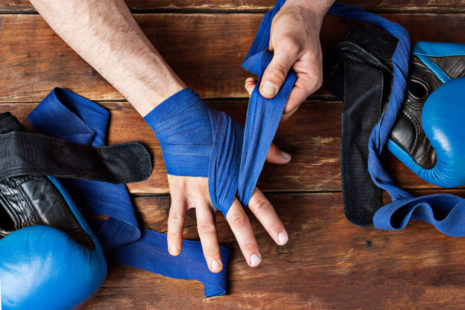Staying loose between games is crucial for athletes aiming to maintain peak performance throughout a tournament or a series of matches. Whether you’re a weekend warrior or a professional athlete, the ability to recover quickly and remain mentally and physically ready for the next challenge can significantly impact your performance. Here are essential strategies to help you stay loose and prepared between games.
Physical Strategies
1. Active Recovery
Active recovery involves light exercise that promotes blood flow to the muscles without overstraining them. Activities might include…
- Light Jogging or Cycling – Helps flush out lactic acid and reduce muscle stiffness.
- Dynamic Stretching – Focuses on gentle, controlled movements that improve range of motion and flexibility.
2. Hydration and Nutrition
Proper hydration and nutrition are vital for recovery…
- Stay Hydrated – Replenish fluids lost during gameplay to aid muscle recovery and function.
- Nutrient-rich foods – Consume foods high in protein for muscle repair, along with carbohydrates for energy replenishment.
3. Cold and Heat Therapy
Alternating between cold and heat can help reduce inflammation and aid muscle recovery…
- Ice Baths or Cold Packs – Immediately after a game, cold therapy can reduce inflammation and soreness.
- Heat Therapy – Later in the recovery process, heat can relax and loosen tight muscles.
4. Compression Gear
Compression clothing can enhance circulation and reduce muscle oscillation during movement, aiding in faster recovery.
Mental Strategies
1. Mental Relaxation
Mental stress can contribute to physical tension. Techniques to promote mental relaxation include:
- Meditation and Breathing Exercises – Help lower stress levels and maintain focus.
- Visualization – Visualize successful gameplay or techniques, reinforcing positive outcomes and readiness.
2. Adequate Rest
Ensuring you get enough sleep and rest between games is crucial for both mental and physical recovery. Quality sleep supports cognitive function, mood stabilization, and physical healing.
3. Stay Engaged
While rest is crucial, staying mentally engaged in the game is also important.
- Review Game Tape – Analyzing previous games can keep your mind focused and help you prepare for future opponents.
- Strategy Sessions – Discuss strategies and adjustments with coaches and teammates to stay mentally involved and prepared.
Tailored Pre-Game Warm-Ups
Before the next game, engage in a tailored warm-up routine that activates your muscles and prepares your body for the intensity of competition. This should include…
- Sport-Specific Drills – Mimic game movements to prepare both body and mind.
- Dynamic Stretches – Focus on movements that increase heart rate and flexibility.
Conclusion
Staying loose between games is about balancing active recovery, proper nutrition and hydration, mental relaxation, and strategic preparation. By incorporating these strategies into your routine, you can improve your recovery, maintain peak performance, and reduce the risk of injury. The key to staying loose and ready for action lies in understanding your body’s needs and responding with appropriate recovery and preparation tactics.




